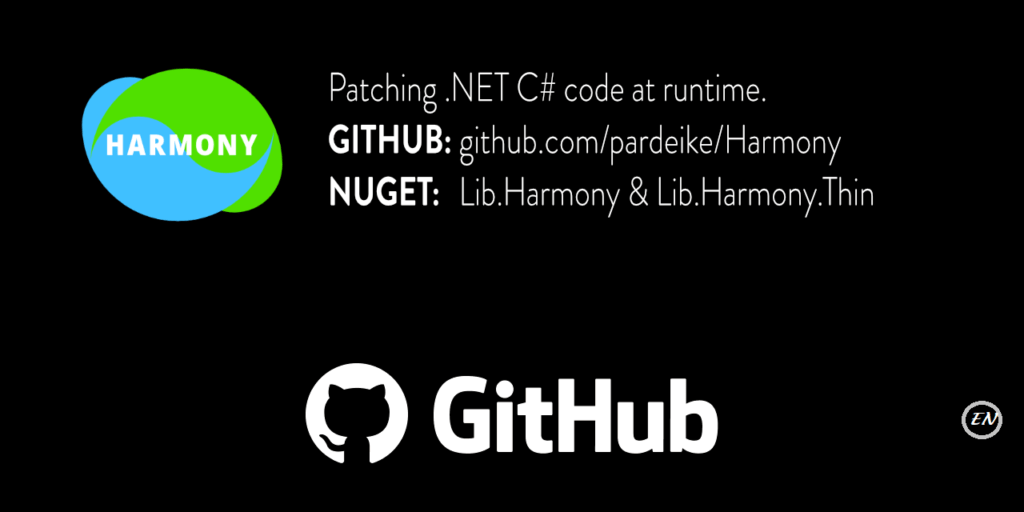In the realm of mod development for the popular game Cities: Skylines, one tool has revolutionized the way creators conceive and implement their innovative modifications. Known as Harmony 2.2.2, this patching library has made significant strides in the field, providing a stable foundation for mod creators to construct their unique additions to the gaming experience. This article will delve into the intricacies of Harmony 2.2.2, its unique features, and the benefits it brings to the Cities: Skylines modding community.
Harmony 2.2.2: An Overview
Harmony 2.2.2 Github is a version of the Harmony patching library crafted specifically for mod developers working on Cities: Skylines. A significant leap from its predecessor versions, Harmony 2.2.2 provides a robust framework for mod creators to work on. It comes equipped with features that offer cross-compatibility and hotpatching capabilities, making it a versatile tool for modding.
Copy code
### Key Features of Harmony 2.2.2 - Hotpatching older Harmony versions (1.2.0.1 and 1.1.0.0) - Limited cross-compatibility for Harmony 1.0.9.1 - Built-in bug fixes tailored for Cities: Skylines' mono runtime
The library is bundled with a CitiesHarmony.Harmony.dll, a fork of 0Harmony.dll, which contains additional bug fixes specific to the game. The creators ensure its periodic updates to the latest stable Harmony 2.x version, ensuring that all mods use the most recent version that includes all bug fixes.
Benefits of Using Harmony 2.2.2
Harmony 2.2.2 offers several advantages to mod developers. The foremost among them is its capability to allow a seamless transition of existing mods to Harmony 2.x. This transition is carried out without causing any disruptions to the users, thanks to the auto-subscription feature.
Getting Started with Harmony 2.2.2
For mod developers looking to use Harmony 2.2.2, the first step is to add the CitiesHarmony.API nuget package to their project. This package includes the latest version of Harmony, along with the HarmonyHelper that provides access to it.
Copy code
### Important Steps for Mod Development 1. Ensure `CitiesHarmony.API.dll` is copied to the AppData mod directory 2. Do NOT copy `CitiesHarmony.Harmony.dll` to the AppData mod directory (it's provided by the central Harmony mod)
Depending on the version of Visual Studio, project style, and post-build script used, there are different ways to achieve these steps.
Using the API
To use the API effectively, mod developers must ensure that there are no references to HarmonyLib in their IUserMod implementation. This is critical because the mod could not be loaded if CitiesHarmony is not subscribed.
Copy code
### API Usage Recommendations - Keep `HarmonyLib`-related code (such as calls to `PatchAll` and `UnpatchAll`) in a separate static `Patcher` class. - Before making any calls to harmony in your code, query `CitiesHarmony.API.HarmonyHelper` to check if it is available. - Make use of the three different hooks provided for this purpose.
These hooks include DoOnHarmonyReady, EnsureHarmonyInstalled, and IsHarmonyInstalled. Each hook serves a different purpose and can be used as per the mod’s requirements.
Documentation for Mod Developers
Harmony 2.2.2 offers extensive documentation for mod developers. This includes detailed instructions on installing the API package, using the API effectively, and applying patches correctly.
Copy code
### Key Documentation Highlights - Instructions on API package installation - Tips for effective API usage - Guidance on applying patches in `OnEnabled`/`OnDisabled` or `LoadingExtensionBase` - Example Patcher Class for reference
Conclusion
In the world of mod development for Cities: Skylines, Harmony 2.2.2 has emerged as a vital tool. By offering a sturdy framework and an array of useful features, it has significantly simplified the mod creation process. Whether you’re an experienced mod developer or a beginner looking to make your mark, Harmony 2.2.2 is an essential tool to add to your toolkit.

